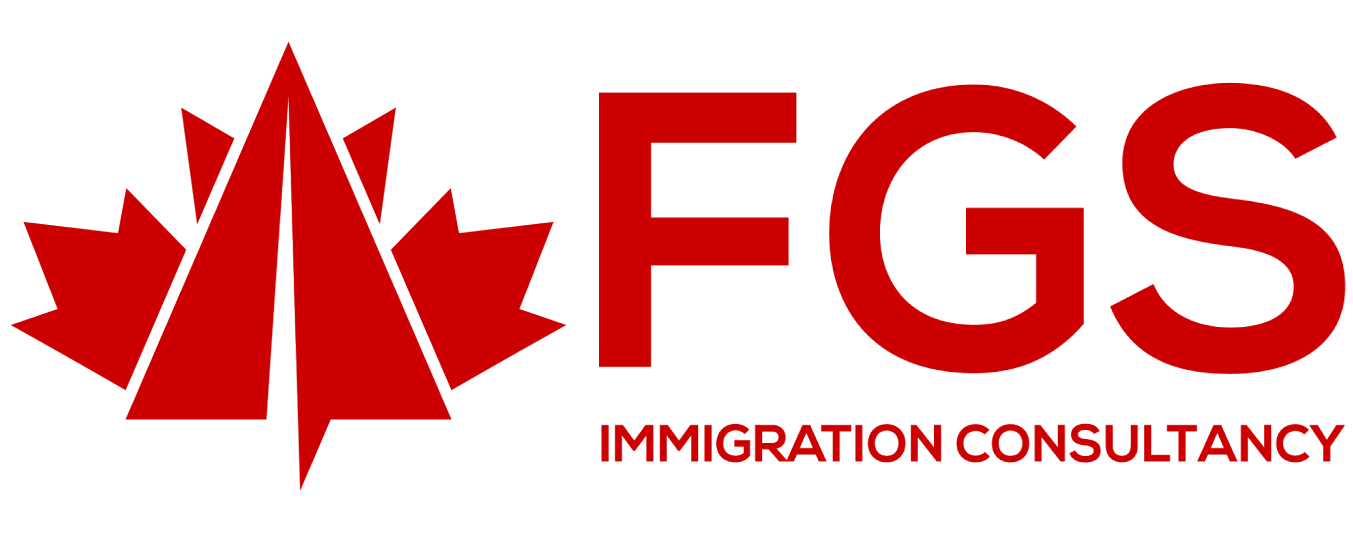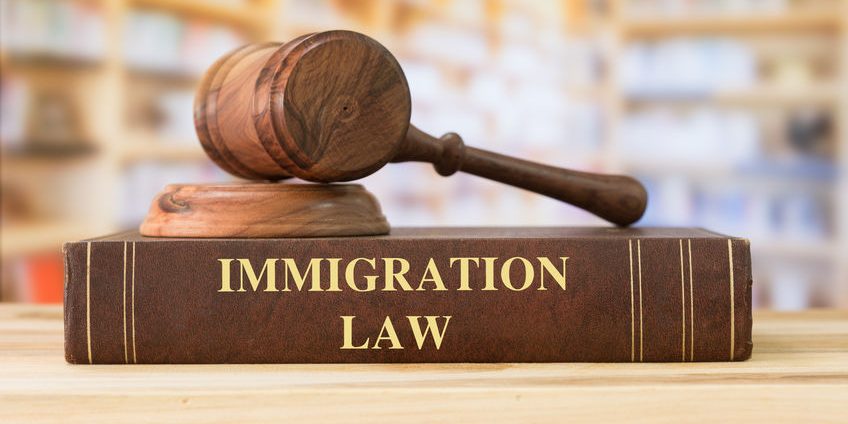Despite all the hard work in collecting and preparing documents, a visa officer refuses your application. There may be various reasons outlined in the IRPA and IRPR. However, there is also a possibility that something went wrong in your application. Maybe your application could have been presented better. Many of the refusals can be traced back to unauthorized representatives. Browsing online you will find horrifying stories of how some illegal agent misguided and resulted in refusals or worse inadmissibility due you misrepresentation.


